All Stories
-
 Math
MathScientists Say: Parabola
A parabola is a U-shaped curve, where every point along that curve is the same distance from another point and a line.
-
 Humans
HumansRace car drivers usually blink at the same places in each lap
Blinking is usually thought to be somewhat random. But a new study tracking blinks in Formula One drivers shows it can be predictable — and strategic.
-
 Brain
BrainNeuroscientists use brain scans to decode people’s thoughts
The research may lead to new devices for people who can’t communicate easily. It also raises privacy concerns.
-
 Climate
ClimateFor greener toilets and air conditioning, consider saltwater
Using saltwater would allow coastal cities to save their freshwater for drinking and to reduce their carbon footprints. Some could save money, too.
By Laura Allen -
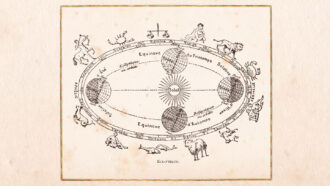 Math
MathScientists Say: Ellipse
Ellipse describes the shapes of planetary orbits around their stars and explains the wacky acoustic phenomenon of “whispering chambers.”
-
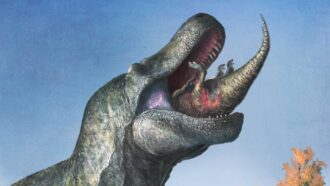 Fossils
FossilsT. rex may have hidden its teeth behind lips
Dinosaurs like Tyrannosaurus have long been portrayed with their big teeth bared. But new research suggests this wasn’t so.
By Jake Buehler -
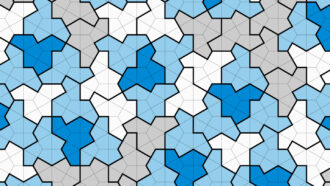 Math
MathAn ‘einstein’ shape eluded mathematicians for 50 years. Now they found one
The shapes can form an infinite tiled pattern that never repeats. The first is a 13-sided shape nicknamed “the hat.”
-
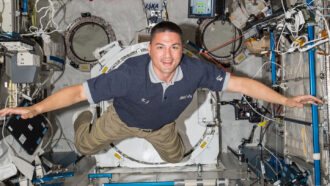 Space
SpaceThis astronaut took a winding journey into space
Astronaut Kjell Lindgren has flown into space twice and performed more than 100 scientific experiments. He is now part of the crew planning a return to the moon.
-
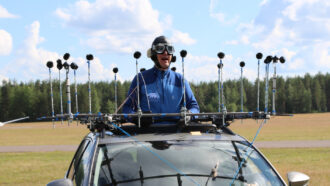 Physics
PhysicsShouting into the wind may seem futile — but it’s really not
Sending a sound upwind, against the flow of air, actually makes the sound louder — only it doesn’t sound that way to the person making the noise.
-
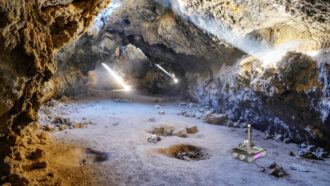 Space
SpaceFairy tale inspiration could help rovers explore risky places
Taking a cue from Hansel and Gretel, scientists propose a way for rovers to send back data from treacherous terrain.
-
 Physics
PhysicsScientists Say: Explosion
Explosions happen when chemical or nuclear reactions blow out a lot of heat, noise and expanding gas.
-
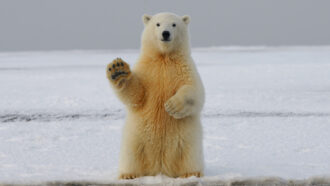 Materials Science
Materials ScienceAnalyze This: A new fabric mimics polar bears’ pelts for warmth
With layers that work like polar bears’ skin and fur, a material absorbs light and keeps it from escaping.